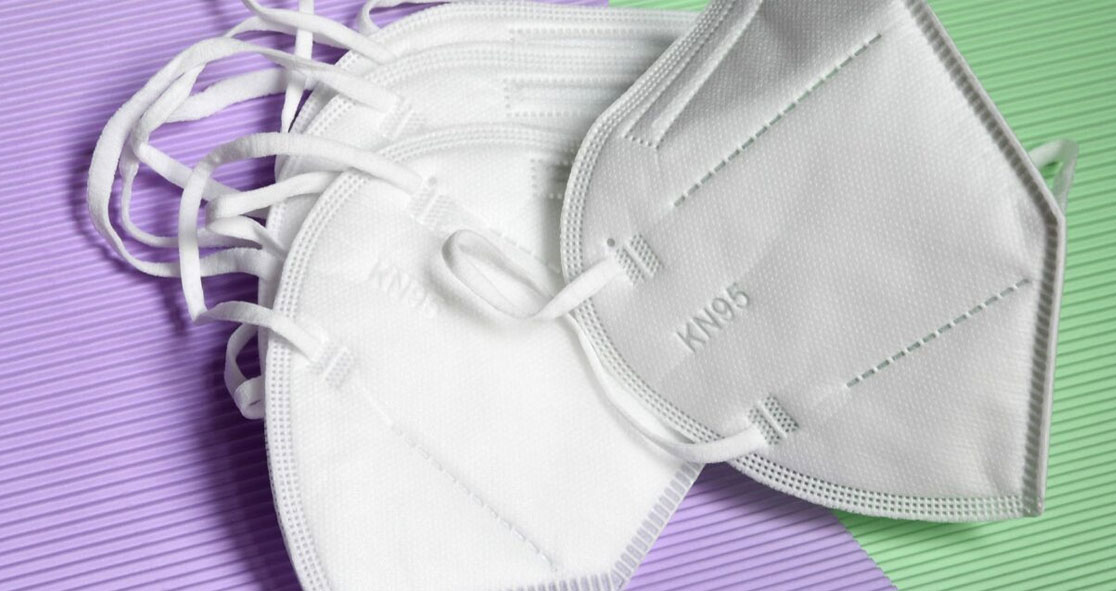About 70% of KN95 masks, which are imported from China, fail to meet US standards for efficacy, according to ECRI.
ECRI is an independent nonprofit organization improving the safety, quality, and cost-effectiveness of care across all healthcare settings worldwide.
CEO and President of ECRI Dr. Marcus Schabacker said in a statement, “Because of the dire situation, US hospitals bought hundreds of thousands of masks produced in China over the past six months, and we’re finding that many aren’t safe and effective against the spread of COVID-19.”
Researchers at ECRI rigorously tested around 200 N95-style masks of 15 different manufacturer models bought by some of the largest health care systems in the United States.
The researchers found that the filtration performance of up to 70% of the imported masks, which had not been certified by the NIOSH (National Institute for Occupational Safety and Health), was “significantly inferior” to NIOSH-certified N95 masks.
The N95 masks, certified and imported from China, failed to filter 95% of aerosol particulates.
Dr. Schabacker said, “Using masks that don’t meet US standards puts patients and frontline healthcare workers at risk of infection. As ECRI research shows, we strongly recommend that healthcare providers going forward do more due diligence before purchasing masks that aren’t made or certified in America.”
In the United States, domestic production capacity for N95 masks has increased significantly, according to ECRI. However, there remain widespread limits on quantities that can be bought.
ECRI said KN95s or other non-NIOSH-certified facemasks must be used as a “last resort” when treating COVID-19 patients. It added that they should be used only when no NIOSH-certified N95s or other respirators are offering better protection. ECRI vice president for technology and safety Michael Argentieri said in a statement, “KN95 masks that don’t meet US regulatory standards still generally provide more respiratory protection than surgical or cloth masks and can be used in certain clinical settings.”























